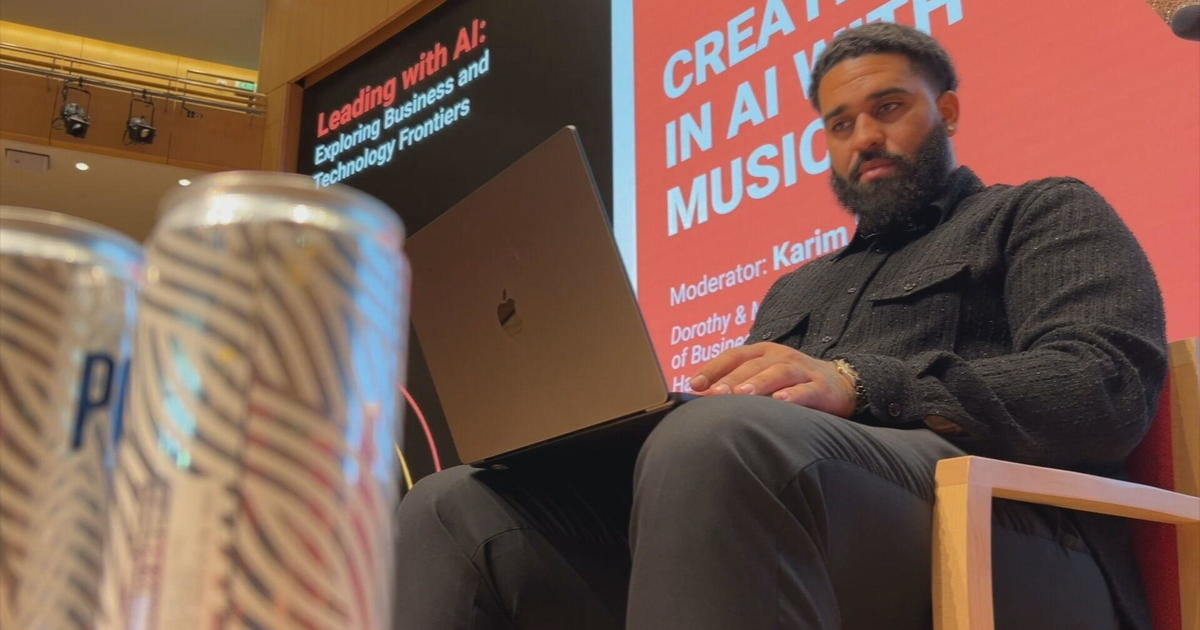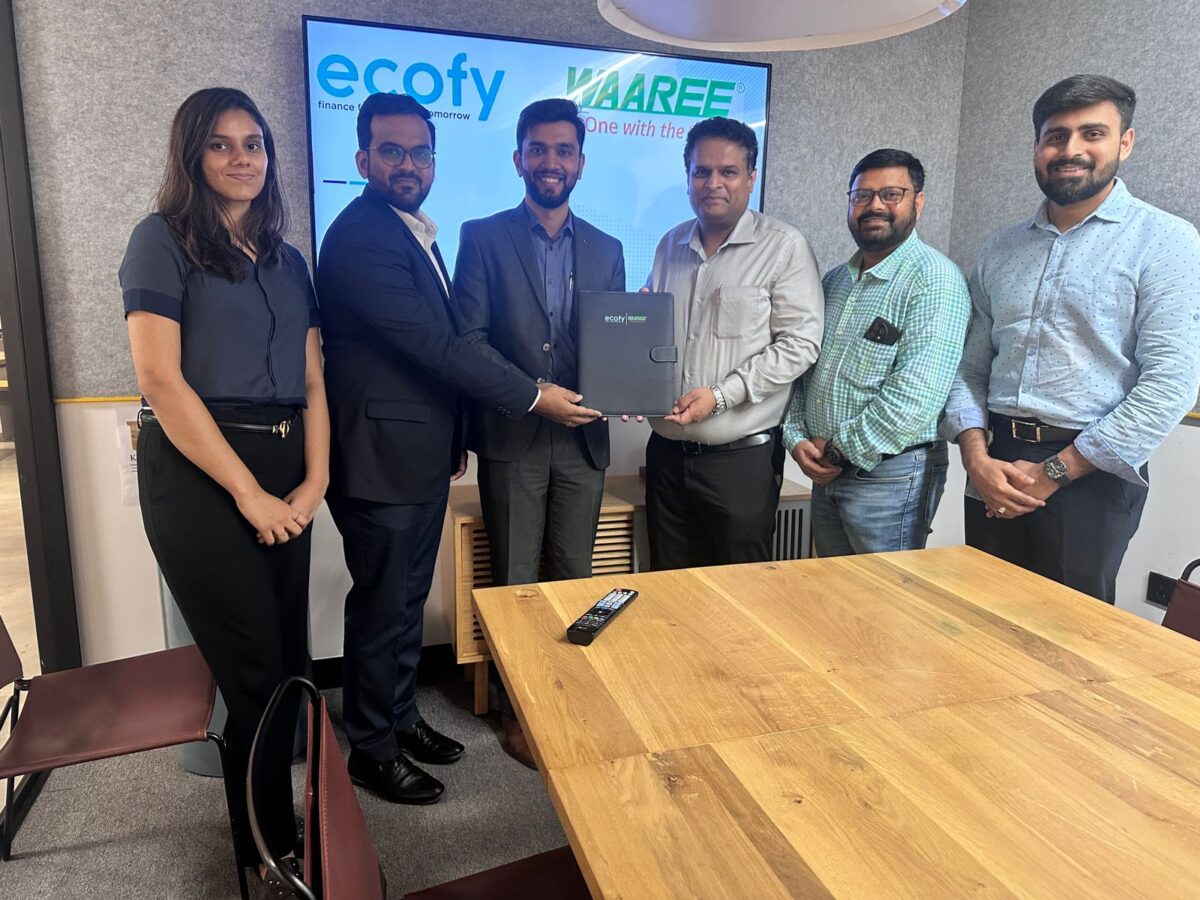Innovation in financial advice is sometimes met with this feeling of existential anxiety from financial advisers who worry that new technology will negatively affect their jobs — or at the very least, reduce their value. We’ve experienced this hype cycle repeatedly in financial advice, as fledgling technologies tend to create anxiety for advisers by automating or modifying legacy processes and services they historically managed.
While the concerns around job security are understandable, advisers can’t let that unease cloud the good that technology has brought to the advice industry — especially the ways it’s enhanced how advisers serve their clients. Technology has helped lower advisers’ costs and overhead by delivering efficiencies, including streamlining client onboarding and portfolio construction. And it has fundamentally improved their ability to deliver a more personalized experience for clients — cementing the durable value of coaching and guidance from human advisers.
Fast forward to today, and the technology driving headlines is generative AI. This rapidly evolving technology has the promise and potential to change the ways we interact with nearly everything, including financial advice. As GenAI becomes prevalent in technology solutions across the industry, advisers would be well-served to consider its meaningful benefits and the accompanying risks, instead of viewing it as a fad or threat.
Evaluating GenAI’s potential for advisers
There are many ways GenAI can provide value, but for advisers, most notable are the ways in which the technology can help streamline and augment administrative tasks. Here are three time-scaling benefits GenAI can provide advisers so they can prioritize more valuable tasks to help their clients reach their goals:
1. Content generation: GenAI can lend a hand with content generation for the routine communications that advisers often spend their time agonizing over — helping deliver personalized communications like standard client check-ins, meeting reminders and market updates.
2. Knowledge management: Another of GenAI’s core use cases for advisers is in synthesizing and distilling a lot of information quickly. For example, GenAI can summarize comparisons between products, helping advisers make educated decisions more quickly for their clients. And rather than spending hours parsing through projections, lengthy annual reports and commentary to understand the latest market conditions or outlook, advisers can use GenAI to immediately summarize key takeaways and translate those insights into value for clients. GenAI can even help to distill prior client correspondence into more easily digestible notes and prompts as advisers prepare for upcoming meetings.
3. Code generation: Just as GenAI can help develop and draft routine content, it can also generate web-page coding, helping advisers upload content on their websites for clients more quickly. And for larger advisory firms, GenAI-assisted code generation can help advisers and their software developers expedite custom technology solutions that assist with client onboarding and back-office tasks like data analysis, trading and operations. It can also support their ability to more seamlessly integrate internal systems for CRM, trading and portfolio management.
Evolving technology has its risks
GenAI carries several risks if left unchecked, further reinforcing the importance of having a human adviser in the loop. While the time-scaling benefits of GenAI are attractive, advisers must have a framework in place to address risks, both to protect their practice and to safeguard private client information.
One risk, for example, is jumping into a GenAI-focused partnership without conducting sufficient due diligence. We’ve witnessed explosive growth in GenAI technology, and new tools and platforms are popping up every day that may, at face value, seem like a good fit. It’s critical that advisers develop guidelines to vet potential partners and their technology, focusing on expertise, experience, client set and information-security measures.
Another important risk advisers will need to guard against is any lack of awareness around the parameters of the GenAI platform they’re operating in. GenAI technology can be private, but some platforms are open to the public — like ChatGPT, for example — and advisers should consider oversight measures to ensure no confidential, proprietary or client information is shared.
Lastly, advisers should develop processes to spot risks related to hallucinations and biases. Hallucinations can occur when AI is prompted to provide a response to a question it hasn’t been trained to answer. Instead of not answering the question, AI can hallucinate and provide an incorrect response that sounds convincing. Additionally, GenAI tools can also suffer from racial and gender biases. For example, GenAI could recommend a lower investment-risk tolerance for women regardless of their actual appetite for risk. It is crucial that advisers understand the source data behind the AI they’re using, and have plans in place to check against unexpected hallucinations and biases that may perpetuate prejudices or stereotypes.
With GenAI, advisers can more effectively manage their time — their most scarce and valuable asset — and devote more energy to creating personalized experiences and building deeper relationships with clients. Vanguard research shows that relationship-oriented services are a key differentiator in delivering value for clients, and that value increases as advisers establish emotional trust. Advisers who welcome technology and incorporate it judiciously have the potential to deliver better results for clients.
Lauren Wilkinson is a principal at Vanguard and chief information officer for the firm’s Financial Advisor Services (FAS) division.
More: Saving too little? Spending too much? How to know if your money worries are rational (or not).
Also read: A rude awakening: Lack of financial literacy hurts the young. What about older people?






























